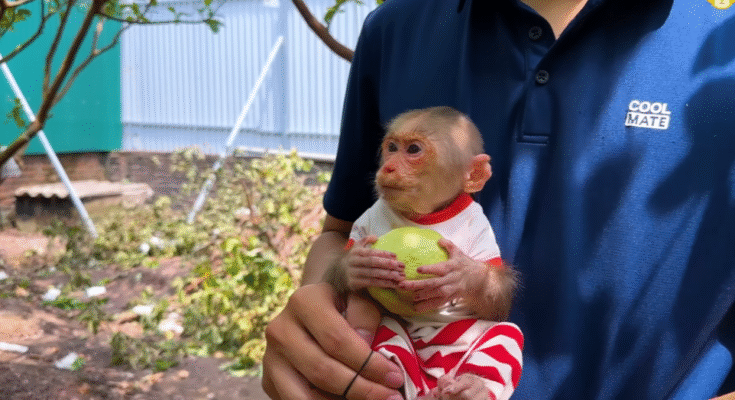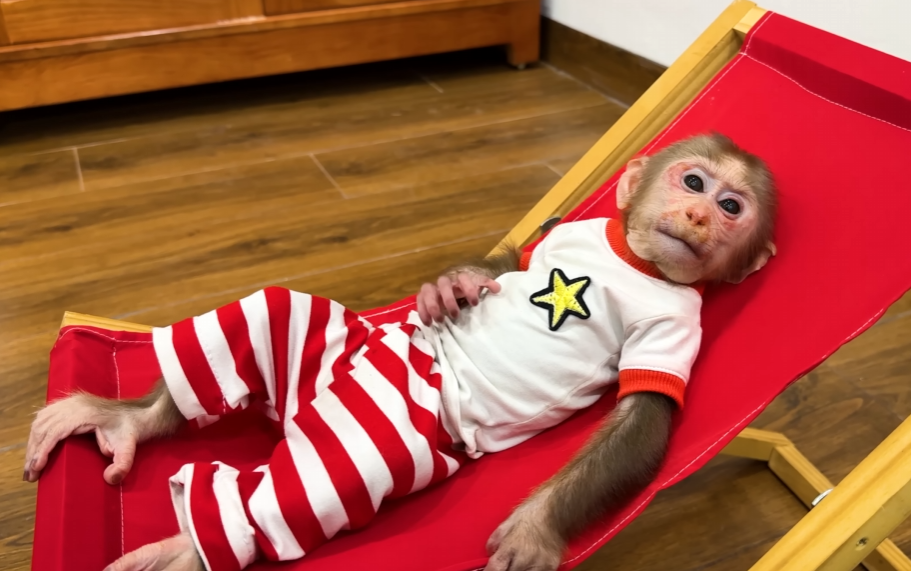
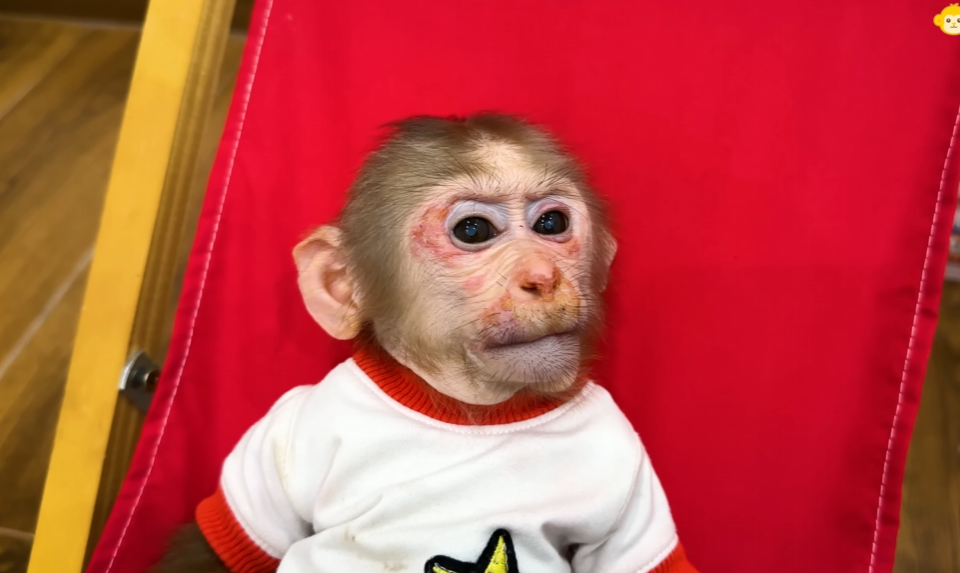
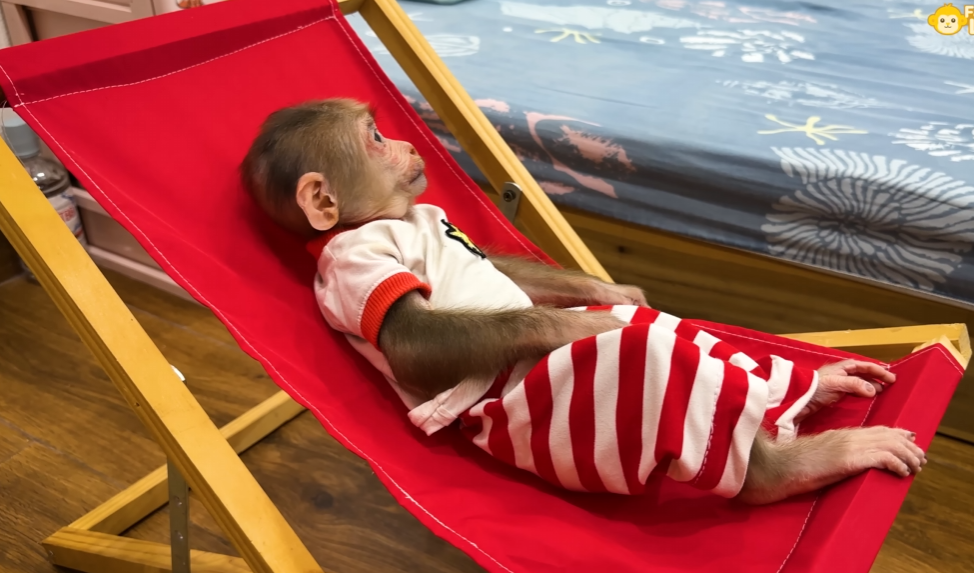
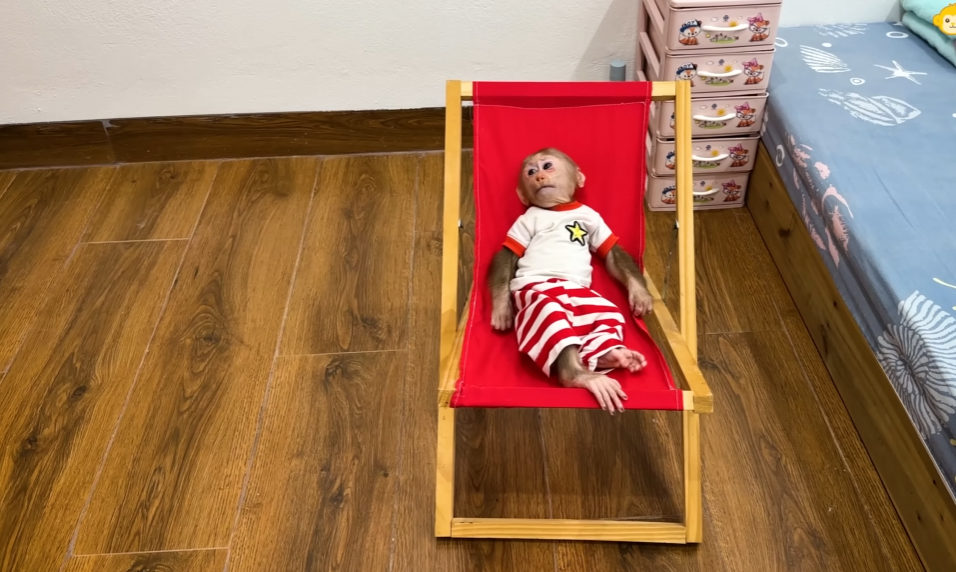
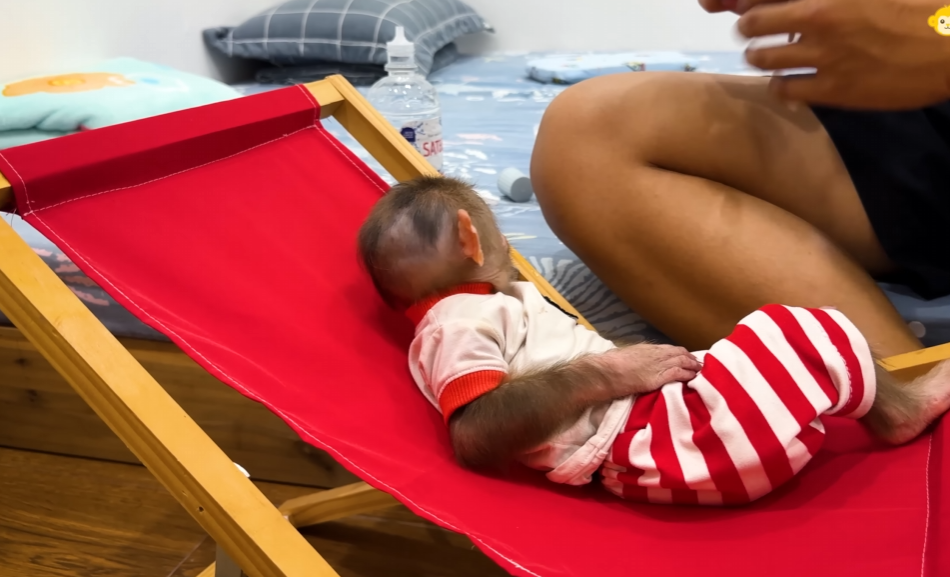
Lala used to be the happiest little girl in her small village. She loved running through the fields, laughing with her friends, and helping her dad with the animals. Her joy was always written across her face in a smile that seemed to glow brighter than the sun. But one day, everything changed in a way that made her heart heavy.
It all began with a small accident. While helping Dad pick vegetables in the garden, Lala tripped and fell into a patch of thorny bushes. The scratches weren’t too bad, but they left tiny marks across her cheeks and forehead. At first, she didn’t think much about it. But when she saw herself in the mirror a week later, her heart sank.
The smooth, cheerful face she had known was now marked with scars and redness. “I look ugly,” she whispered to herself, her eyes filling with tears. From that day on, Lala’s smile faded.
She avoided playing with her friends. When they called her to join hide-and-seek near the river, she shook her head. When they laughed and invited her to sing, she turned away. Lala thought everyone would notice her face and laugh at her.
At night, she lay in bed feeling sorry for herself. “Why me?” she thought. “Why did my face have to change? I’ll never be beautiful again.”
Her dad noticed. He watched his daughter quietly withdraw from the things she loved. One evening, he sat beside her on the porch, where she hugged her knees and stared at the ground.
“Lala,” he said gently, “why are you so sad these days?”
She hesitated, but the truth spilled out. “Dad, my face is ugly now. Nobody will like me anymore. Even I don’t like myself.”
Her dad’s heart ached, but he smiled warmly. “Lala, scars don’t make you ugly. They tell stories about how brave you are. You fell because you were helping me. That’s something to be proud of.”
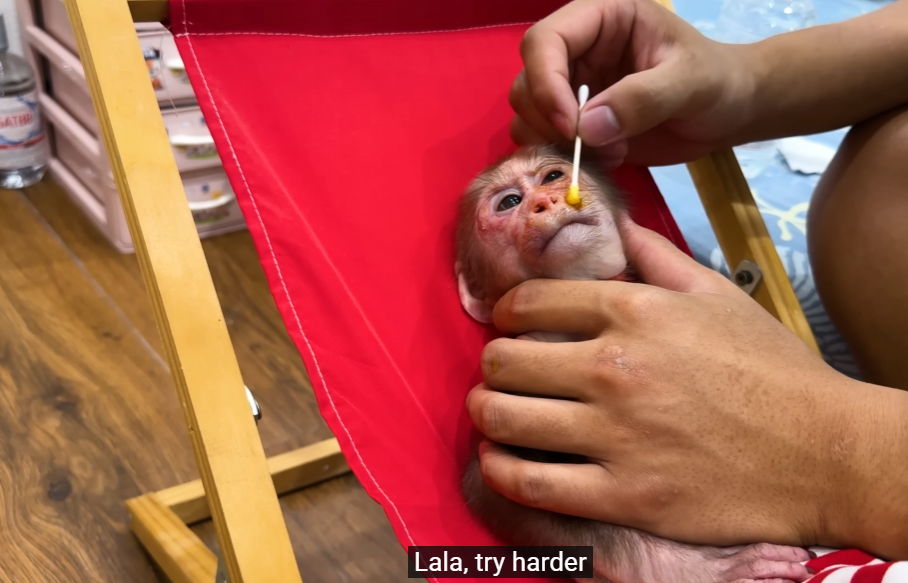
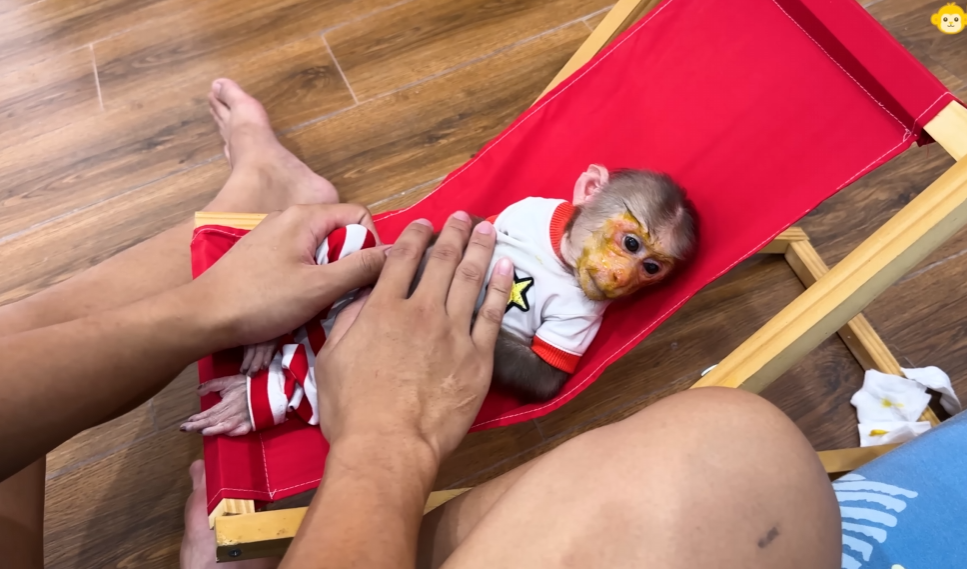
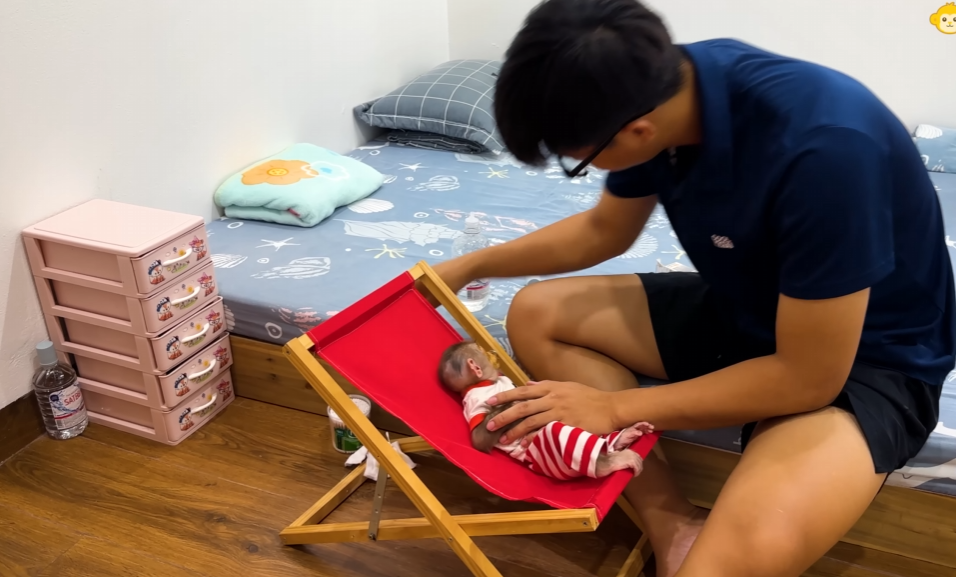
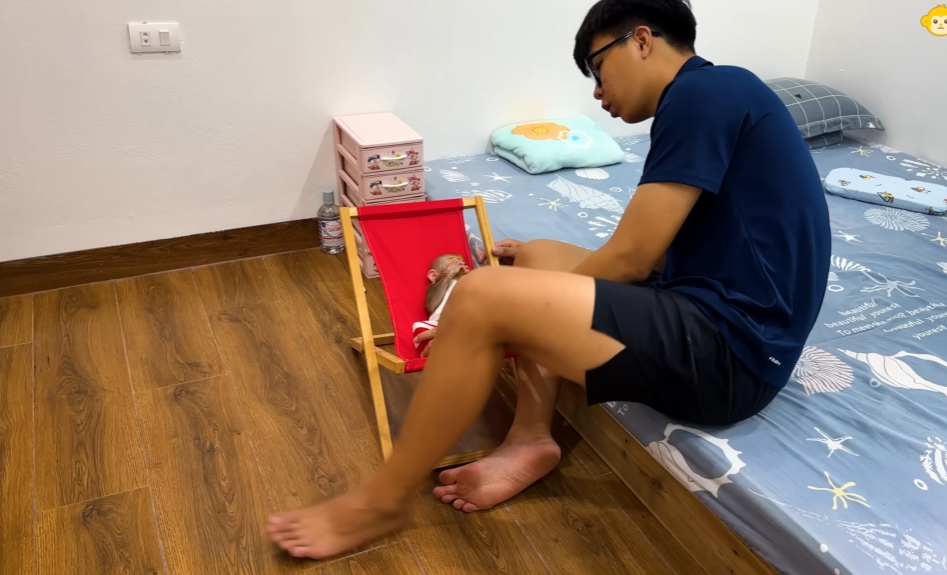
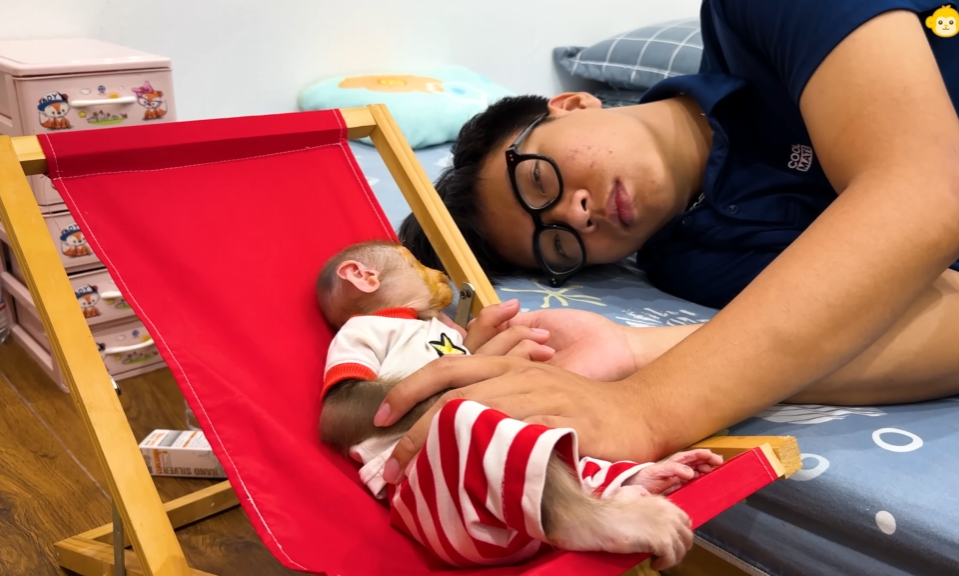
But Lala shook her head stubbornly. “You’re just saying that because you’re my dad.”
Her dad didn’t argue. Instead, he stood up and led her to the old chicken coop. He pointed at one of the hens. “Do you see that hen, Lala? She’s missing feathers on her wings, and one of her feet is crooked. Do you think she’s ugly?”
Lala looked carefully. “Well… maybe she doesn’t look perfect. But she gives us eggs every day. She’s still useful.”
“Exactly,” Dad said. “Her beauty is not in her feathers. It’s in what she gives, how she lives, and how she cares for her chicks. People are the same.”
Lala thought about his words, but the sadness in her chest was still heavy.
The next day at school, things didn’t get easier. When she walked into class, two boys whispered to each other and giggled. Lala was sure they were laughing about her face. Her cheeks burned with embarrassment, and she kept her head down.
At lunchtime, she sat alone under a tree. A girl named Soriya, one of her closest friends, came over with two bananas. “Lala, do you want one?” she asked brightly.
But Lala refused. “No. I don’t want to sit with anyone.”
Soriya frowned. “Is it because of your face? Lala, no one cares about that. We all miss you. You’re still the same funny, kind friend we love.”
Lala wanted to believe her, but she couldn’t. She pushed Soriya away with silence.
That night, she cried again. She wished she could hide forever. But deep inside, she also longed to feel happy again.
The turning point came a few days later when Dad took her to the market. They passed by an old woman selling handmade baskets. Her face was deeply wrinkled, with scars and sunspots. Yet, she had the brightest eyes and the widest smile. People flocked to her stall, not just to buy baskets, but to talk to her. She laughed loudly, told funny stories, and treated everyone like family.
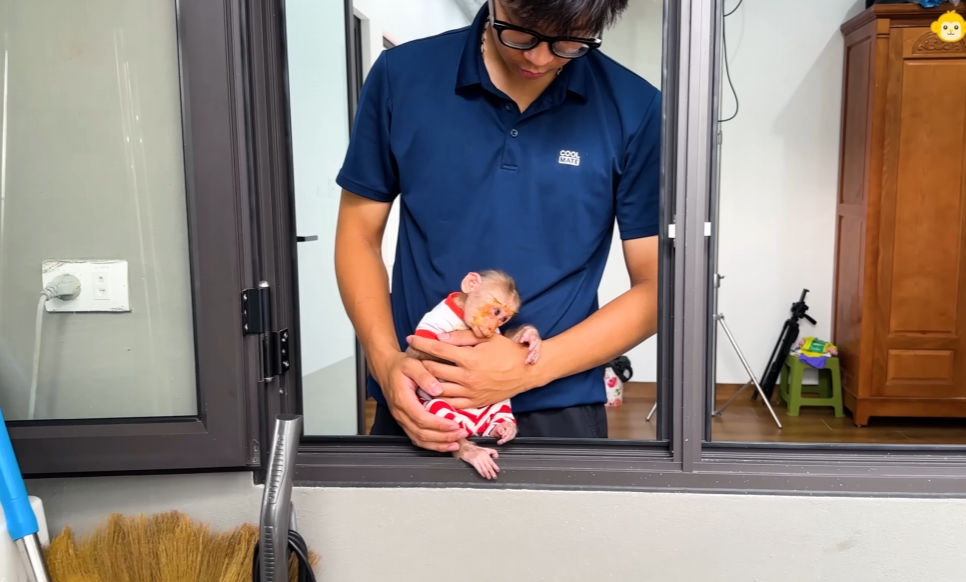
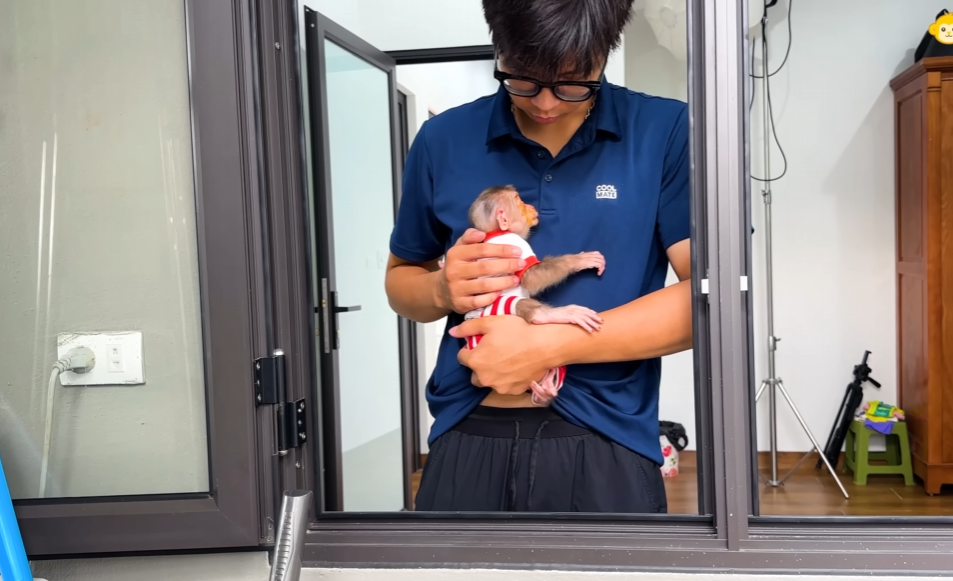
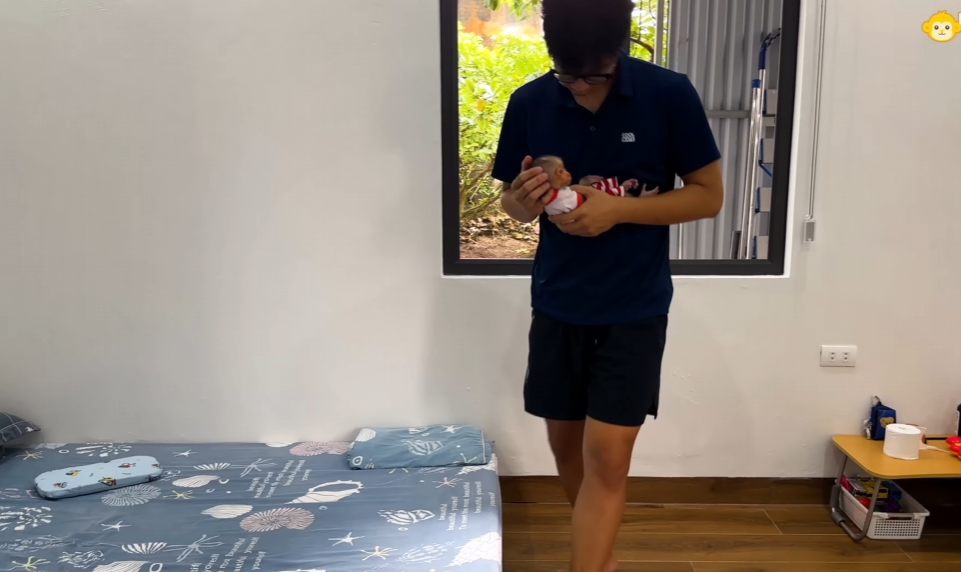
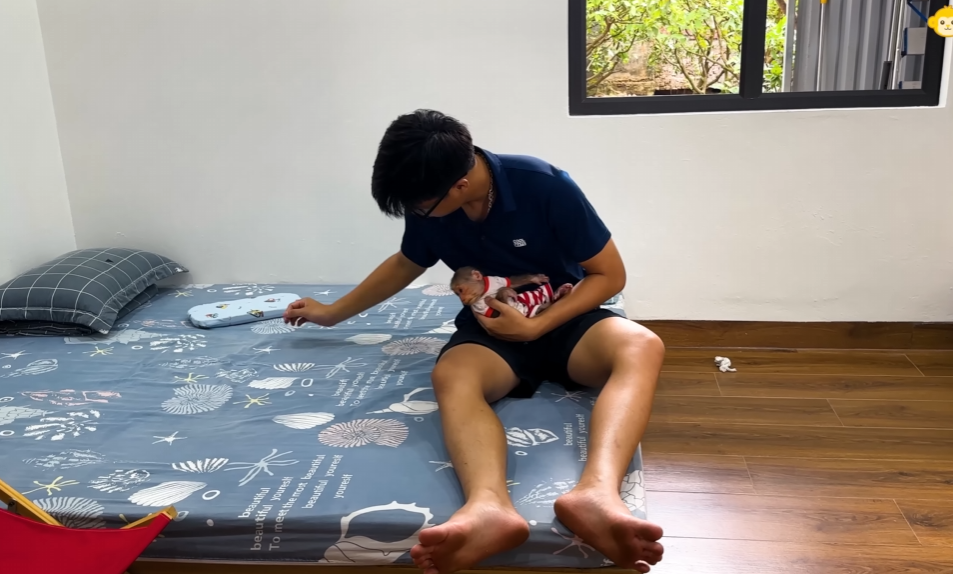
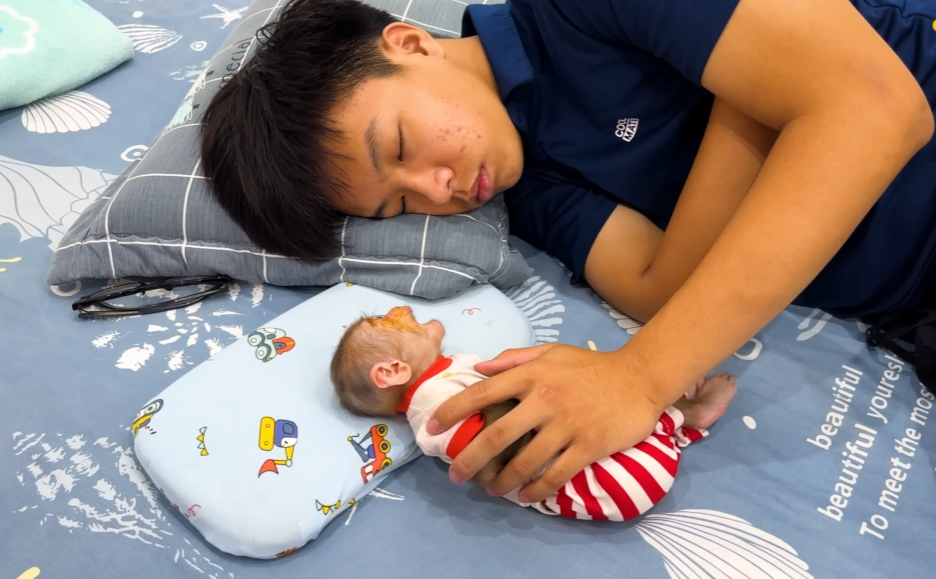
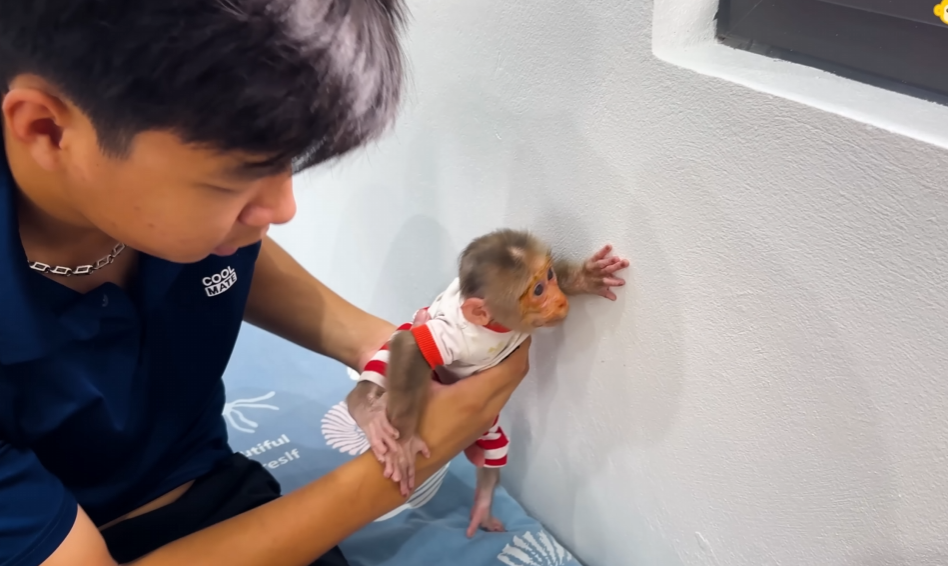
Lala watched, amazed. The woman’s face might have been old and scarred, but no one seemed to care. Everyone loved her.
On the way home, Lala asked Dad, “Why is everyone so happy to be around her?”
Dad smiled knowingly. “Because she shines from the inside. People don’t see wrinkles or scars when a person’s heart is full of kindness and joy. They see the light that comes from within.”
That night, Lala stood in front of the mirror again. Her scars were still there. But for the first time, she wondered: Could I still shine, even with these marks?
The next morning, she decided to test it. At school, when a younger child dropped his books, she bent down to help. When her teacher asked a question, she answered with her usual cleverness. And when Soriya waved to her at lunch, this time she walked over and sat with her.
To her surprise, nobody laughed. Nobody even seemed to notice her scars. They laughed at her jokes, thanked her for her help, and treated her the same as before.
That afternoon, when she went home, she ran to her dad with a wide smile. “Dad! Today I tried to just be myself again, and it worked! People didn’t look at my face—they looked at me!”
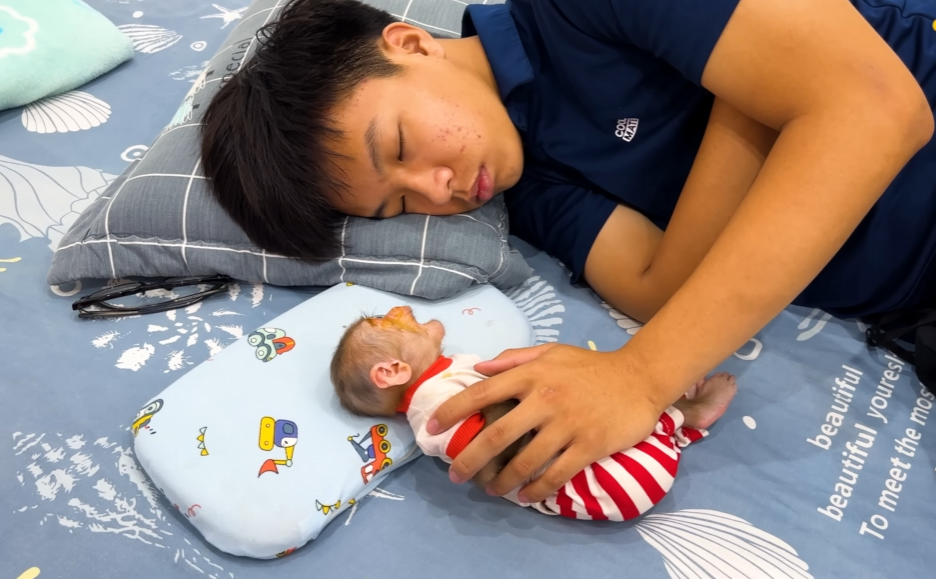
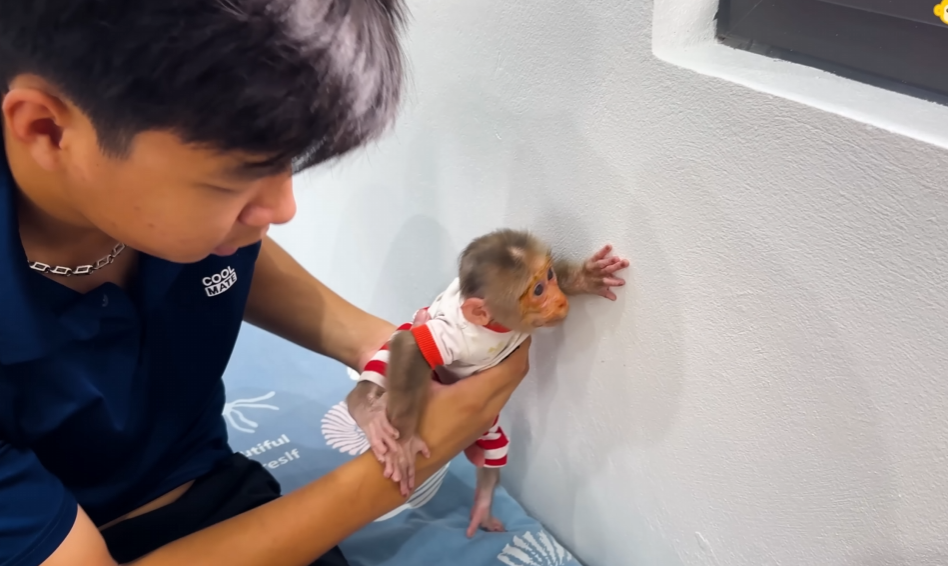
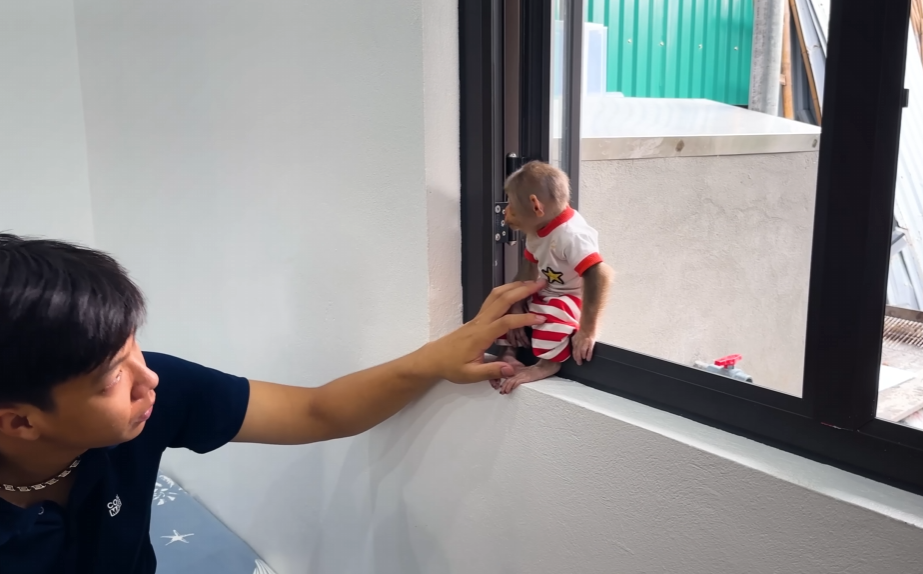
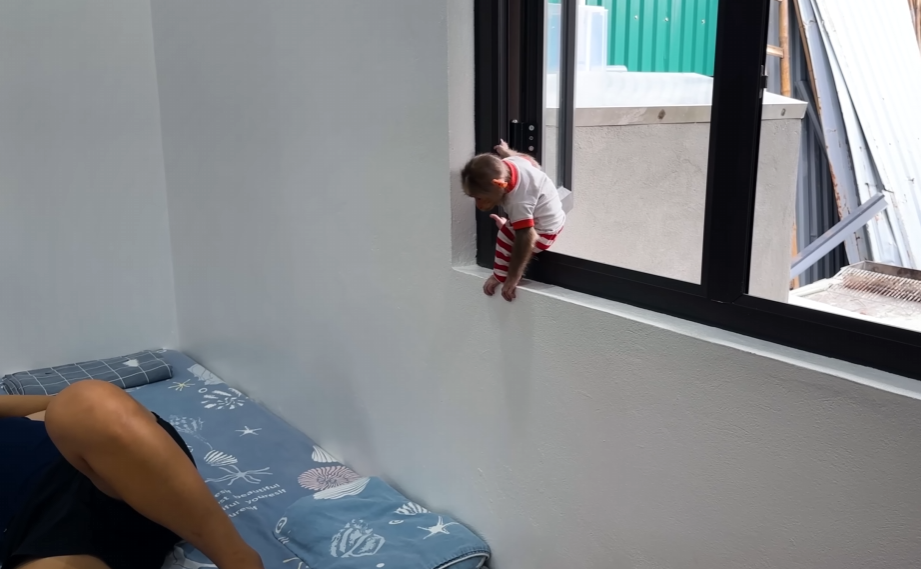
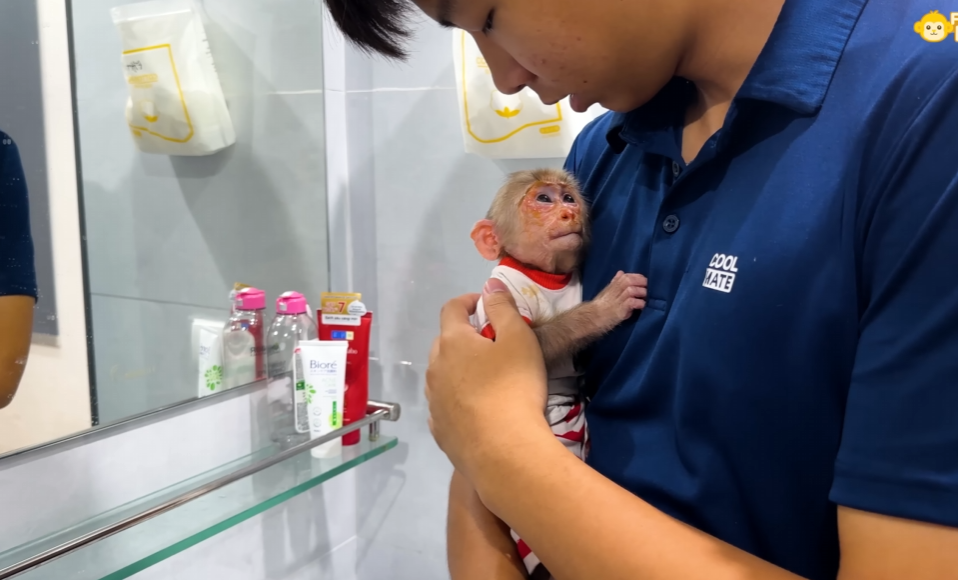
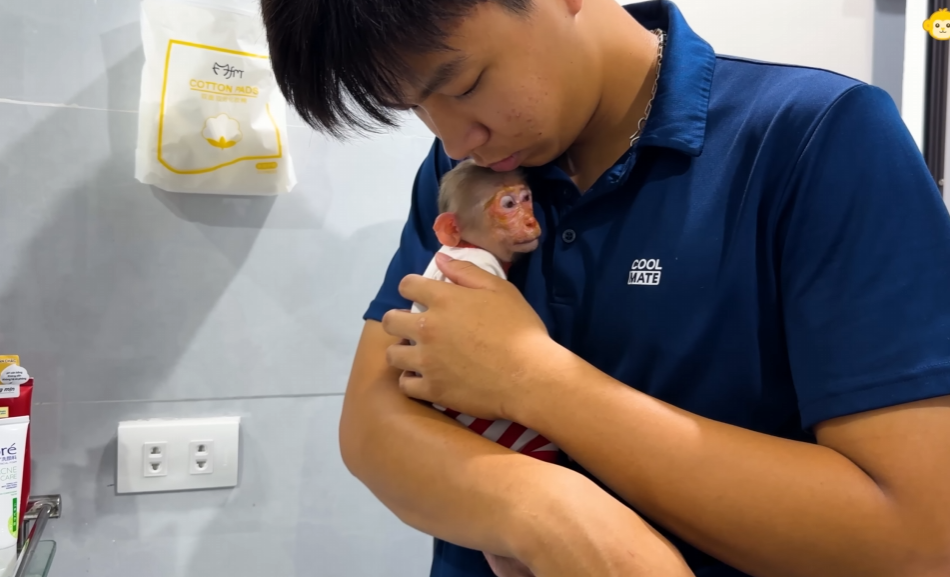
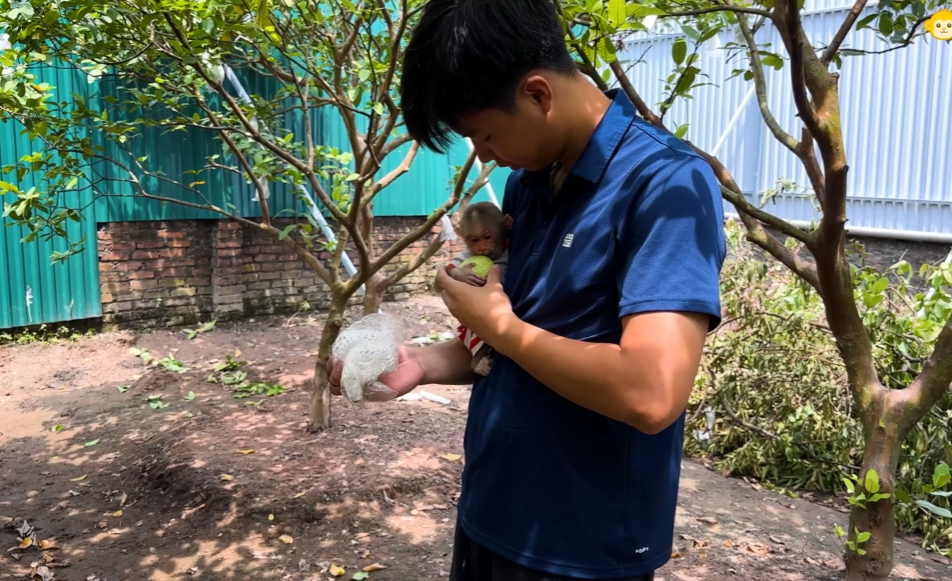
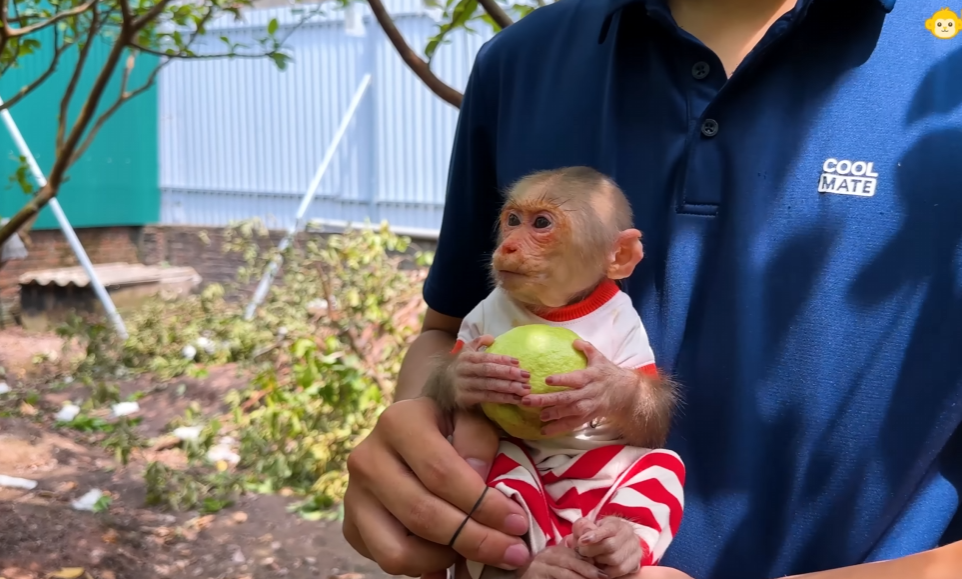
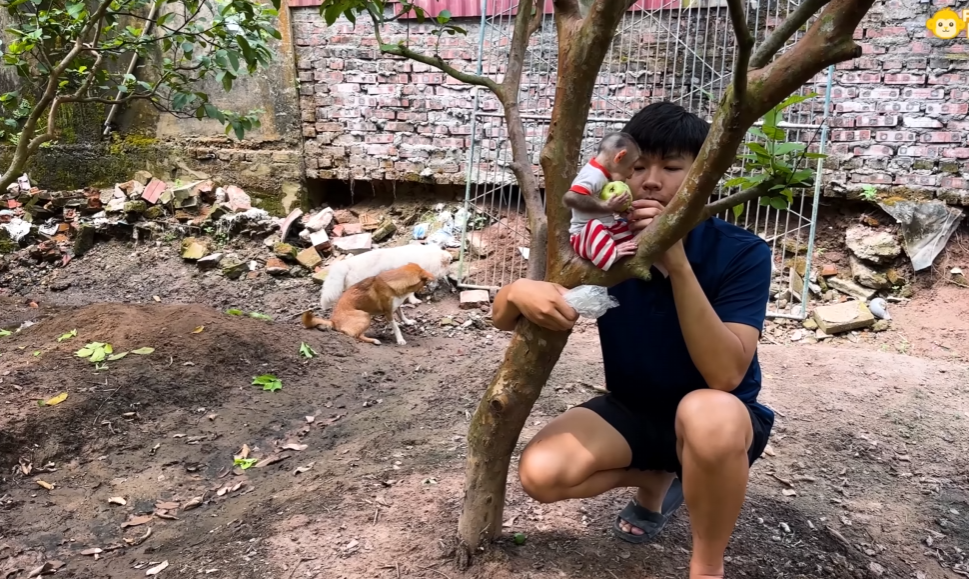
Her dad hugged her tightly. “See, Lala? Beauty is not in the skin. It’s in the spirit. And your spirit is beautiful.”
From then on, Lala stopped hiding. She learned to carry her scars with pride, like a medal of courage. When people asked about them, she told the story of how she fell into the thorn bushes while helping her dad. And instead of shame, she felt strength.
Sometimes, she still felt a pang of sadness when she saw her reflection. But she remembered the old woman at the market, the hen with the crooked foot, and her dad’s words. Beauty fades, but kindness, joy, and courage always shine through.
One evening, she even said to herself in the mirror, “Maybe my face isn’t perfect. But I am still Lala. And that’s enough.”
And with that, her bright, sunny smile returned—scarred but more powerful than ever, because it came from a place of strength.
